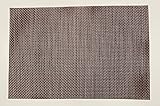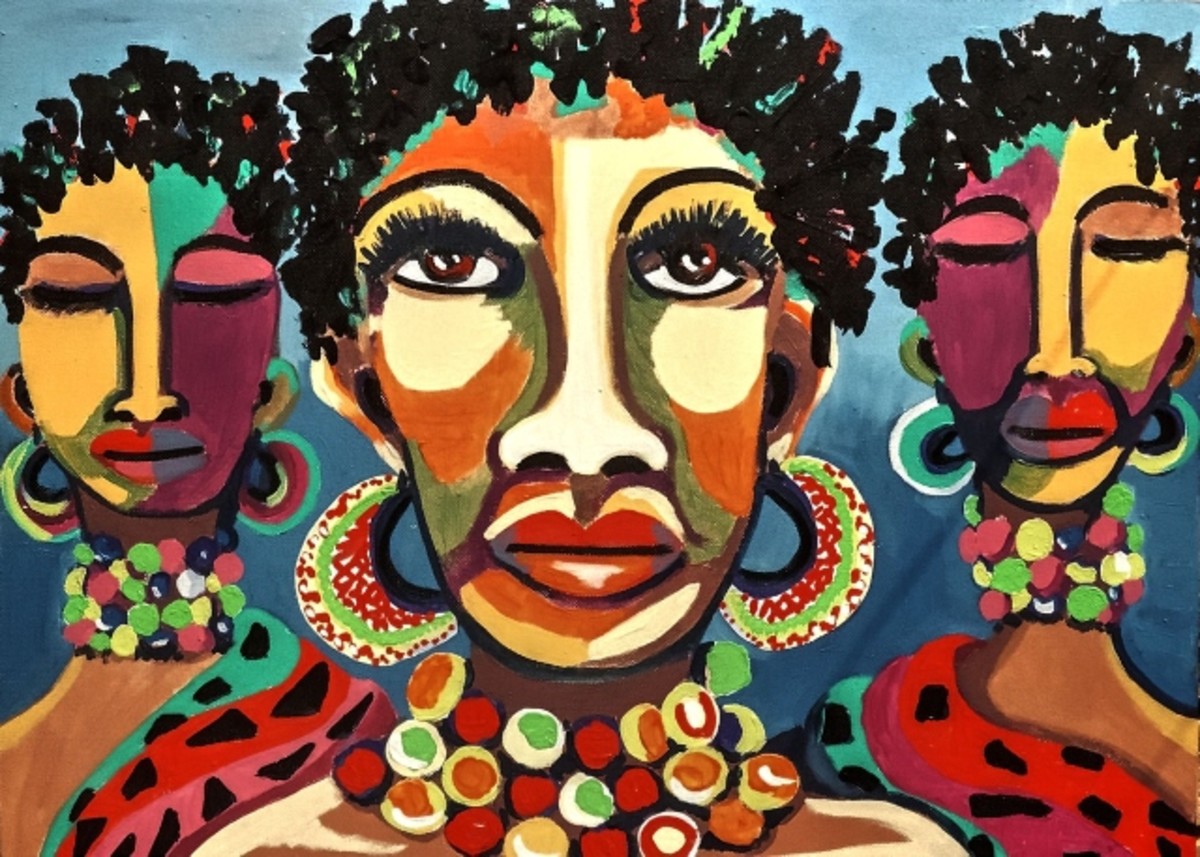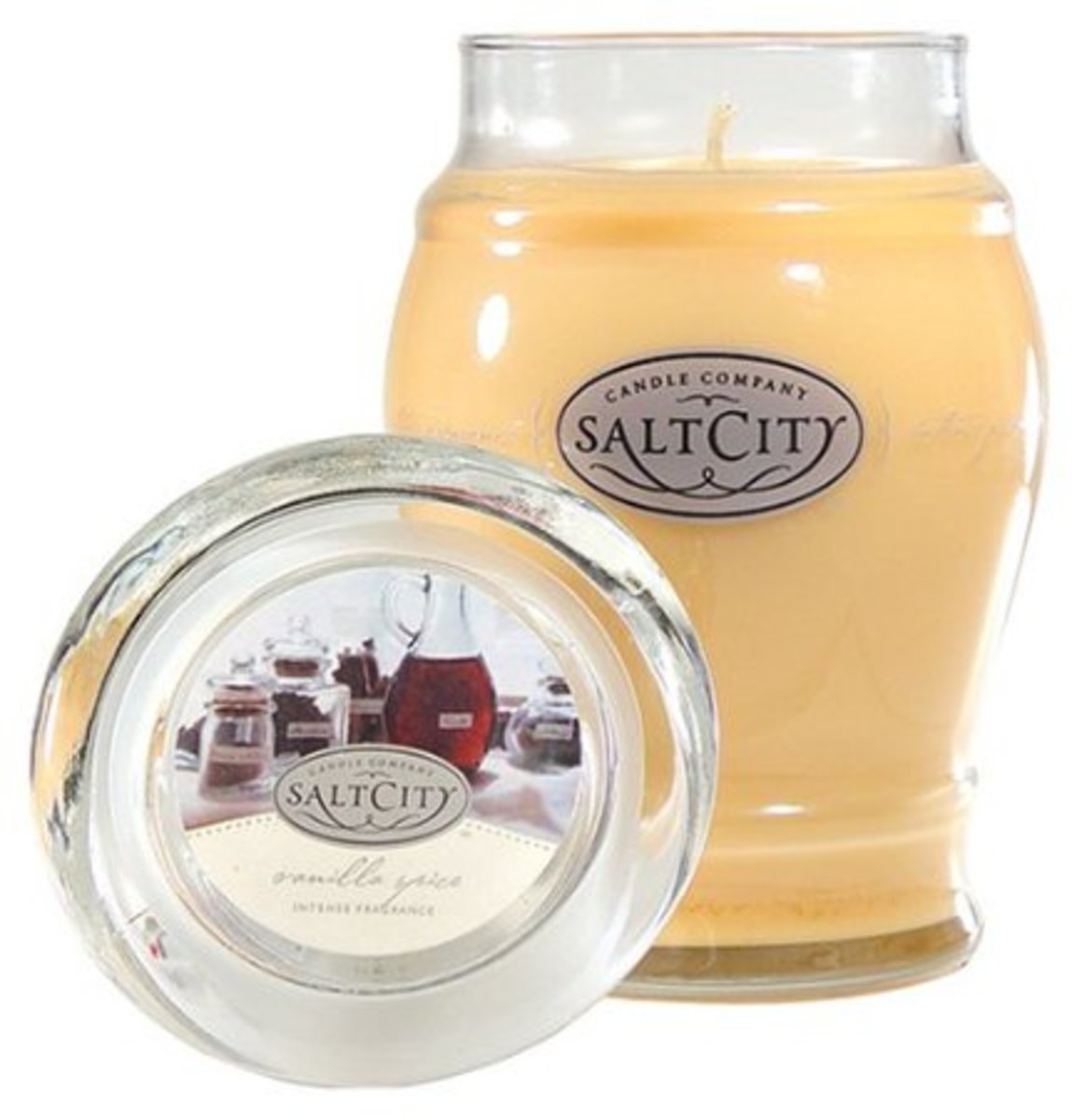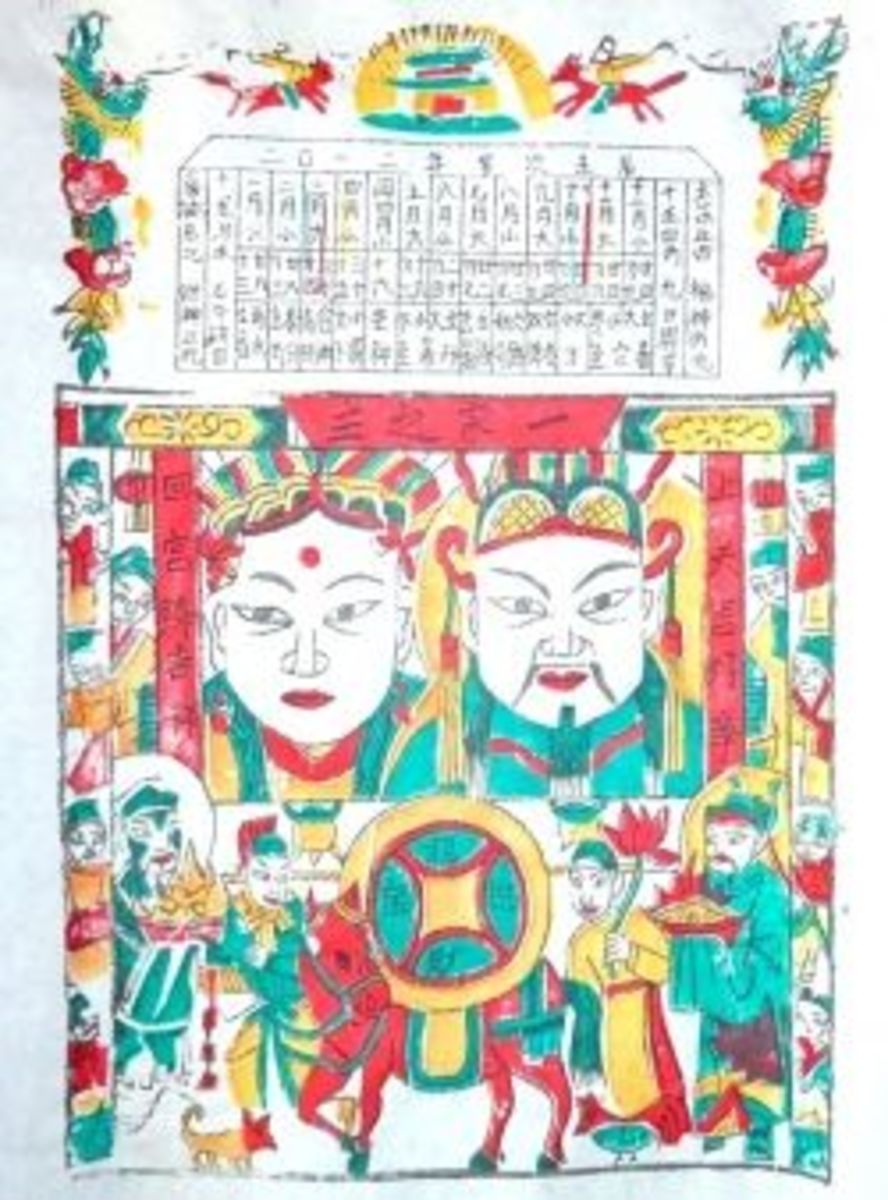Our First Kwanzaa.
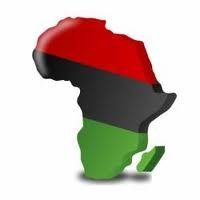
A Guide to Intergrating the Traditions of Kwanzaa into your Family Holiday Celebrations
Kwanzaa. That obscure holiday with the ever-rare double "AA" in its name that shows up on the December 26 square of the calendar. I didn't know much about it either until this year, when we adopted a daughter from Ethiopia, Africa. While researching ways to keep her culture and heritage alive and apparent in our home, I stumbled across Kwanzaa: an ultimately perfect holiday for our family to celebrate.
This page will help you learn what Kwanzaa is, who celebrates it, and how to easily incorporate Kwanzaa into your repertoire of family customs.

So, Whaat is it?
Kwanzaa, explaained.
It doesn't replace Christmas, and it's not the African version of Christmas. Kwanzaa, contrary to common belief, has no relation to the birth of Christ. Instead, it is a stand-alone, week-long, U.S. holiday that celebrates the heritage, the lineage, and many of the common cultural beliefs shared by African families.
The African continent is comprised of a whopping 56 countries, each rich in their own myriad of cultural beliefs, traditions, religions and languages. For any African immigrant, or person of African decent, with a close-knit community of members sharing homeland roots, African holidays and customs specific to his or her lineage are sure to be kept alive and well. Yet, for example, if an African-American with ancestry in Kenya were to compare notes with that of someone linked to Nigeria, the differences in heritage-based customs would far outweigh the similarities.
In the good ol' melting-pot US of A, nationally recognizing each and every African holiday just isn't practical, nor feasible. Back in the mid-sixties, an African Studies professor in California named Dr. Maulana Karenga coined the cultural celebration of Kwanzaa not simply to preserve, but moreso to revitalize and encourage the recognition of African culture in a holistic, non-exclusionary way.
The name "Kwanzaa" comes from the Swahili phrase "matunda ya kwanza," or, "first fruits." While African traditions vary widely from region to region, one thing most African nations have in common is the celebratory nature of harvest time. It is a time to be thankful for the abundance of life and the abilities of nature. In other words, food is a blessing of monstrous proportions. Other founding principles are that of togetherness, self-reliance and cooperation; all of which are easily adoptable into anyone's personal belief-system.
In essence, Kwanzaa is for everyone who is from, who has ancestors from, or who cares about someone who is or was once from... Africa.
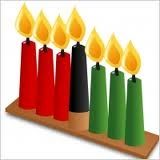
"Habari Gani?"
a.k.a. The News.
If you've ever seen a menorah that you thought was missing a candle, what you were actually looking at was a kinara. Most certainly a cousin of the Jewish candelabra, a Kinara holds seven candles - each represents one day of the week long observance. A single black candle sits in the center of the holder, symbolic of Africa's people. Three red candles on the left are reminders of past struggles that have been overcome, while the three green candles to the right are for forward, positive thinking and a prosperous future.
The holiday runs from the day after Christmas until New Years Day. Considering that it spans the week that schools are closed, and that the last evening of Kwanzaa, which culminates with feasting and merriment, happens to fall on New Year's Eve.... it's a rather convenient holiday to integrate into this already busy season.
Each day of Kwanzaa has a different meaning, or principle. This is where the real depth of the holiday is, in my opinion. Nguzo Saba, the seven prinicples, are focused on defining ourselves through culture, family, cooperation and self-worth.
So, each morning of Kwanzaa, we ask each other, "Habari gani?" meaning, "What's the news?" The "news," or daily principle is then discussed, accompanied by an activity. Here's a run down of the Swahili name for each principle, its meaning, and its corresponding candle to light.
*FYI, by day seven, all wicks should be ablaze, but be sure to practice sound fire safety and blow them out when unsupervised!
Day One: The center black candle.
"Umoja" (oo-moe-ja) : Unity
Day Two: The inner-most red candle.
"Kujichagulia" (koo-jee-cha-goo-lee-ah) : Self-Determination
Day Three: The inner-most green candle.
"Ujima" (oo-jee-mah) : Collective Work and Responsibility
Day Four: The middle red candle.
"Ujamaa" (oo-jah-mah) : Cooperative Economics
Day Five: The middle green candle.
"Nia" (nee-ah) : Purpose
Day Six: The outermost red candle.
"Kuumba" (koom-bah) : Creativity
Day Seven: The outermost green candle.
"Imani" (ee-mahn-ee) : Faith
Making it Haappen. Kwanzaa Decor and Festivities. - Five Simple Ways to Celebrate.
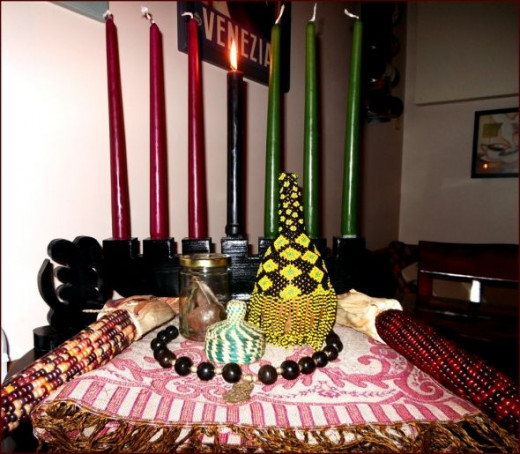
1. Get a Kinara. It's a bold, beautiful statement, and it's almost impossible to forget to say "Habari Gani?" each morning with a Kinara staring you in the face. And, popping seven candles into place is a heck of a lot faster than trimming a tree. However, do be warned that while red and green candles are spilling out of the aisles in December, black candles require a greater pursuit. I recommend hitting up your nearest craft store and grabbing one pre-Christmas, in order to avoid last minute black candle panic (not that I'm speaking from experience or anything...)
2. Muhindi," (moo-hin-dee) or Corn, is a symbol of fertility. It is customary to place an ear of corn on the table for each child in the household. I saved some ears of Indian corn from Thanksgiving, and since they're dried, I have my corn covered for years to come. If you don't have children, place a bowl of fresh fruit on your kitchen table to represent the abundant harvest.
3. A "Mkeka" (em-kay-kah) is a decorative straw mat representative of tradition. Use a special mat or tablecloth during meals throughout the week of Kwanzaa. Put souvenirs, keepsakes,or handmade crafts on the table alongside the kinara or atop the mkeka that remind you of Africa.
4. The "Nguzo Saba" (en-goo-zo sah-bah), or Seven Principles, have endless possibilities when it comes to activities with your family and friends.
- Day one, Umoja, is all about unity. We made a memory jar by writing down this year's favorite memories on little pieces of paper. Next year, we can read and reminisce about past memories, and add new memories to the stash.
- Day two turns inward, focusing on self-determination (Kujichagulia). I went for a run, and am writing my first Squidoo lens! :) As a family, we are going to cook a new recipe. It's a good day to try something you've been putting off out of fear or laziness.
- Ujima, the third day, is about collective responsibility, so band together and accomplish something as a team. Clean out that closet, or start a family project. We are going to work on a photo collage frame to hang in our family room.
- Money! A topic of contention in every household. Day four is about cooperative economics, or Ujamaa. Since it's our first Kwanzaa, we're simply discussing the importance of saving money. Throughout the year, we will all add our coins to a collective piggy bank. That way, next Kwanzaa, we can open it up and spend it on a gift everyone in the family can share.
- Nia. Purpose. A topic that should be explored perhaps just a little more often than once a year. Thus, a day to reflect on the principle of purpose is a day well spent. Talk about aspirations, new hobbies you want to explore, or things you already do that give you purpose in life. Make lists, and keep them where you can see them, to remind yourself who you are and who you would like to become.
- The sixth day of Kwanzaa is fun. It's about nourishing your Kuumba- your creativity. AND, it's also New Year's Eve. Keep music blaring all day. Have spontaneous dance parties. Do art, read poetry, and if nothing else, recite this awesome meditation aloud at dinner, or your New Year's party, or heck, even the bar. (Okay, maybe not the bar, but it's worth reciting aloud at an appropriate time.)
5. The closing day of Kwanzaa gets its own list item. On Imani, we share our faith in ourselves, each other, our teachers, and our leaders. And we celebrate with a big 'ol feast. However, if your New Year's Eve is going to be a late one, I highly suggest that your Kwanzaa's culminating celebratory efforts get rolled into the ball-dropping bash. Either way, cook lots of food, preferably of African cuisine, and party it up, with all seven kinara candles lit. Families will often pass a unity cup at dinner, each member taking a sip of its contents as a means of symbolizing togetherness. Spill a bit to honor the ancestors, too, who couldn't be there to drink with you.
Above all, remember that there aren't any rules or regulations when it comes to Kwanzaa. If your being respectful, you can't go wrong. I've noticed some sources stating that the green candles are on the left, not the right, for example. Don't worry about logistics, just your own traditions, and you'll be hitting the bulls-eye when it comes to the spirit of Kwanzaa.
Helping Your Kids Understand Kwanzaa: - Here are some suggested reads for children... or for adults who enjoy pretty pictures and easy-to-understand explanation
Resources for new Kwanzaainians - Just a few more links I relied upon for a successful first Kwanzaa.
- The OFFICIAL Kwanzaa Website
... and rightly so, as it's maintained by the founder himself. - The Kinara we purchased on Etsy.com
While there's a plethora of Kwanzaa schwag you can purchase on the web, Kwanzaa thrives on all things meaningful and handmade! I love Etsy.com and got my Kinira on there from a shop called HEAVENWOOD for a great price. - African Cuisine on Allrecipes.com
While I love my hard-copy cookbooks to no end, Allrecipes.com takes the cake when it comes to trying new dishes. - Yemiser Wet: Spicy Lentil Stew
One of my favorite African recipes to make for special occasions. - Berbere Spice Blend
Packed with flavor, mildly addictive; the smell of Berbere spice wafting from the kitchen at Kwanzaa is synonymous with fresh baked cookies on Christmas Day!



